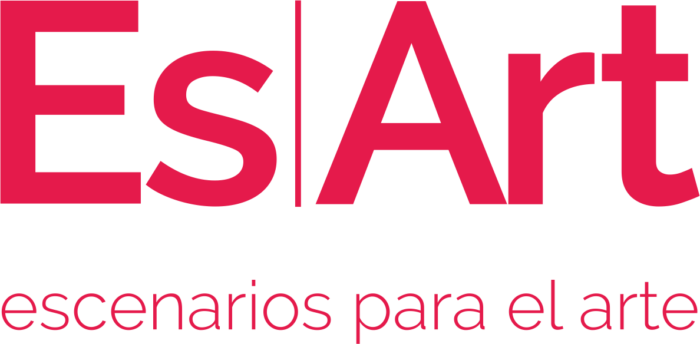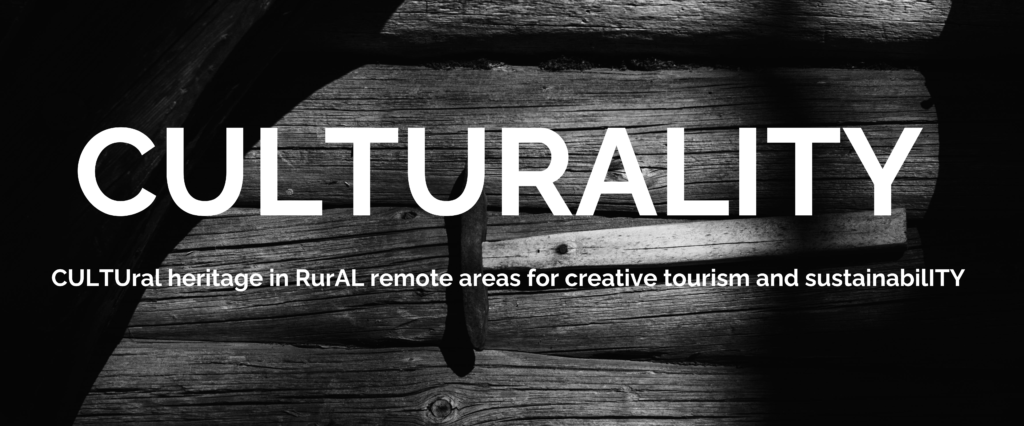
Horizon Europe 2030 Program
Research and innovation on cultural heritage and CCIs – 2023 (HORIZON-CL2-2023-HERITAGE-01)
“Fostering socio-economic development and job creation in rural and remote areas through cultural tourism”
HORIZON-CL2-2023-HERITAGE-0110113262
Reference
01/04/2024 – 31/03/2028
Duration
13
Partners
3.000.000
Financial endowment





GOALS
General goal:
Contribute to the cultural revitalization, the economic activation and the sustainable development of remote rural areas through the promotion of cultural and creative tourism activities, favoring the creation of employment and the settlement of the population. To do this, their different capacities, potential and specificities (material, creative, human...) are considered, researching the potential of their cultural heritage, and taking into account both the craft material culture (techniques, materials, patterns and decorative elements), such as intangible culture (oral knowledge, music and culinary traditions), which will be used as a resource.
Network of transnational and interdisciplinary cooperation: Universities, research centers, SMEs in the tourism sector, museums, cultural and creative industries, artists, artisans...
Basic and applied research about the potential of the cultural heritage as resource: material culture artisanal (techniques, materials, patterns and decorative objects) and intangible (music, oral knowledge and culinary traditions)
Focal points:: the role of women + means of production and consumption linked to circular economy (sustainability) + innovative business models for cultural and creative tourism that respect the dimension and local capabilities of the territories, favoring the creation of employment and the settlement of population.
Engage local ecosystems as “agents of change” to give rise to synergies between cultural heritage, the creative sector (design, visual arts, new crafts, gastronomy, music, etc.) and tourism.
For it various actions and research tools will be carried out: inventories of crafts and artisans; mapping, consult and field studies on artistic expressions linked to cultural heritage; collection of productive processes with comparative studies; production, processing and consumption of raw materials; analysis of the relationship between tangible and intangible traditional heritage; relationship between modern and traditional cultural expressions, etc.
Results: will be collected in the #RuralToolbox: a set of instruments available to local agents willing to establish a dynamization scheme in their area based on sustainable cultural tourism activities.
The development of the self-management of companies, workshops and communities that will strengthen the rural economic fabric, also promoting indirect jobs.
The use of the digital technologies in cultural heritage and cultural tourism is a reality. However, its application in rural zones It is usually a challenge (variety of patrimonios and technological barriers and challenges).
Se Creation of: Un digital repository to collect videos, testimonials and collect oral memory of artisans and craftswomen.
Un virtual museum to increase the accessibility of rural heritage to people with special needs or reduced mobility that will also have a market to exhibit and sell the productions.
Will be carried out diffusion of all project activity through the website and social networks.
will be applied data mining and big data for the analysis of emotions and feelings for know the tourist experience (strong and weak points to take into account).
Ensure the participation of the parties involved. The objective is increase awareness about the importance of the STC for the revitalization and economic development of rural and remote areas.
Se organize grouping events in local that will bring together interested parties to address the challenges arriving to common solutions.
From these events the models will be derived, that will be implemented through the replicators, giving as a result the #RuralToolbox.
Design and make available different tools for capacity development
Visits from other artisans, rural development agencies or local action groups to learn from the best implemented practices in the deployment of products, services and business models.
Digital Masterclasses about marketing, use of social networks and design of ecotourism activities.
The target groups of these activities will be local, companies from the tourism sector, staff government, citizens, etc. (attending to a variety of different educational background and knowledge).
Will be provided special attention to minority groups at risk of exclusion in rural and remote areas (women, young and old).
MAIN POINTS
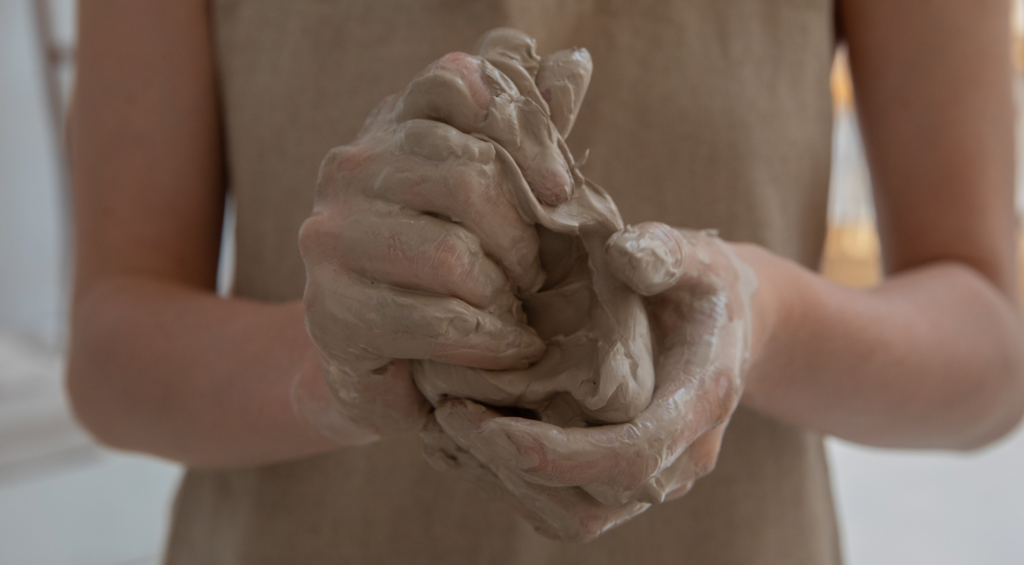
- Research.
- Collaboration of local artisans and artists, with other professionals (physical meetings and online platform). Collaboration networks.
- Rural cultural tourism, seasonally adjusted, sustainable and linked to the territory.
- Creative cultural products.
- Organization of activities in various locations of the linked countries to the project. “Trial and error” tests that allows us to verify what is most successful when it comes to capturing the public interest..
- Replicability.
CONCEPTS AND TERMS
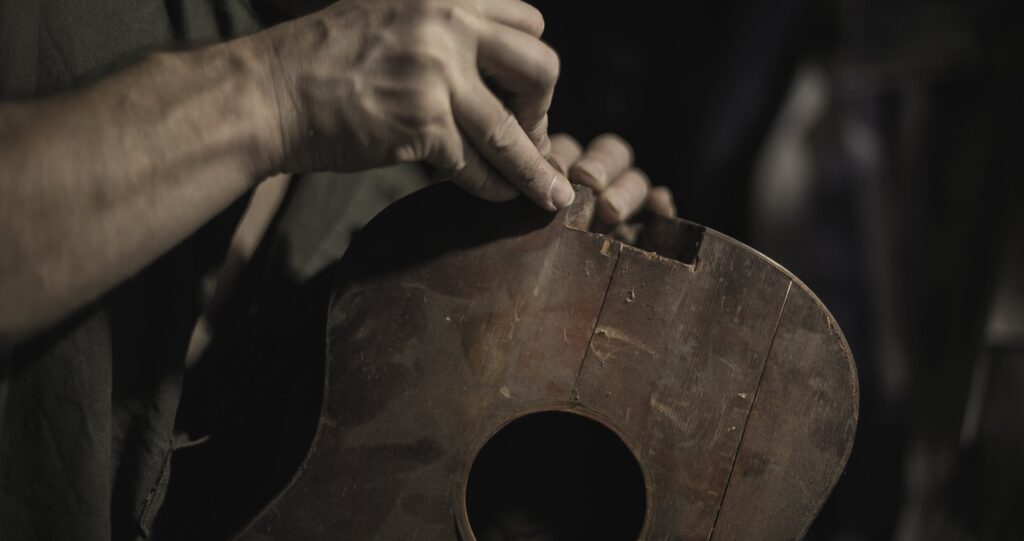
- RuralSpot: Meetings between all the agents involved in the sustainable development of rural and remote areas, held physically in various locations and linked to the digital network.
- LivigLab: Laboratory derived from the Rural Spots that have been the most enriching.
- RuralWeave: Cooperation network of all the agents involved.
- RuralEvent: Event derived from the synergies of RuralSpot and LivingLabs, intended for the public, with different actions and activities. From these, the models and replicators will be derived.
- RuralToolBoox and Handbook: Open tools available for the replicability of the project and actions.
- VERAP (Virtual European Rural Artisans Platform): Virtual platform for cooperation and dissemination, which includes artisans, craft samples, documents collected during field work, a virtual museum, an online store, immersive reality, etc. It will be linked to the Oral Crafting Archive and the Rural Crafting Archive.
TEAM

WORK PACKAGES
Work groups with with previously set tasks ((deliverables for the European Commission and milestones that are being achieved) to ensure that all goals are met.
Leader: Universidad de Oviedo
Leader: University of Tartu
Leader: La Ponte Ecomuséu
Leader: Universidad de Oviedo
Leader: Espacio Tormaleo
Leader: Politécnico of Torino
Leader: University of St. Andrews
Leader: University of Aveiro
ACTIVITIES
January 12, 2012 – 12:00 – Press Room of the Universidad de Oviedo: Acto de la Universidad de Oviedo por la concesión del proyecto.
8-12/abril/2024: Kick-off meeting.
8/abril/2024: Inauguración de la exposición temporal Creators & Keepers. Women weaving Europe, abierta al público hasta el día 12 de abril.
2-4/mayo/2024: Simposio Itinerante «The economy and organization of craft», por el proyecto Hephaestus. Participación de Ana María Fernández García y Llara Fuente Corripio en representación de CULTURALITY. Puedes consultar y descargar el programa aquí.
MEDIA PRESENCE
Puedes consultar las noticias que vayan saliendo acerca del proyecto en nuestra página de medios.
APORTACIONES DERIVADAS – OPEN SCIENCE
Catálogo de la exposición temporal Creators & Keepers. Women weaving Europe, disponible aquí.
COLLABORATION REQUEST FORM
Download the documentComplete it and send it to the email address: esartuniovi@gmail.com
Coming soon: logo and official website of the project with all the information
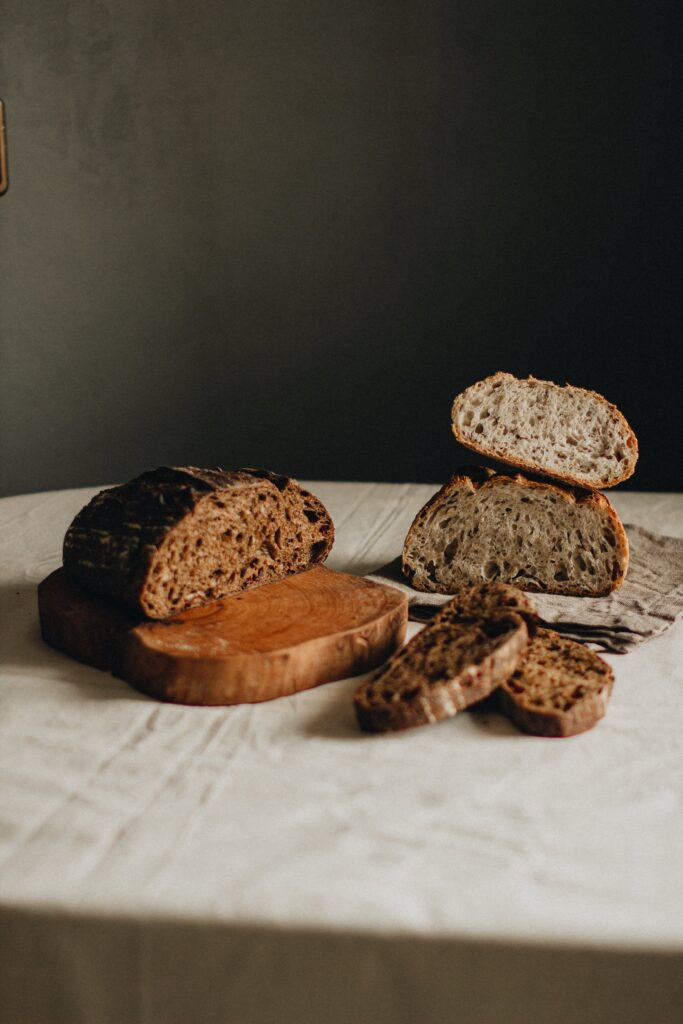
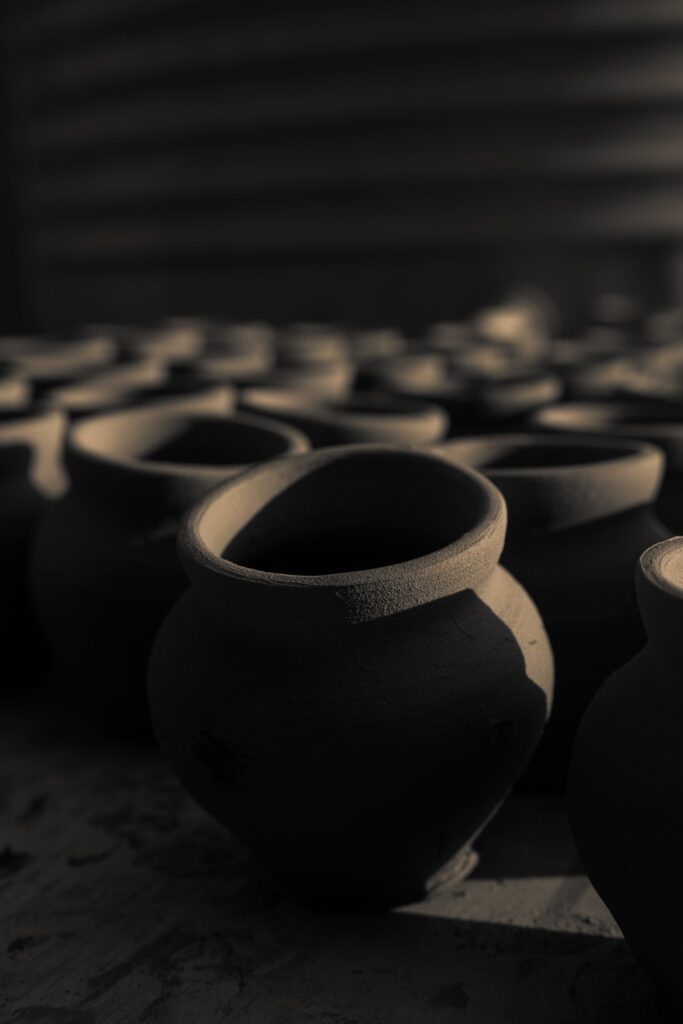

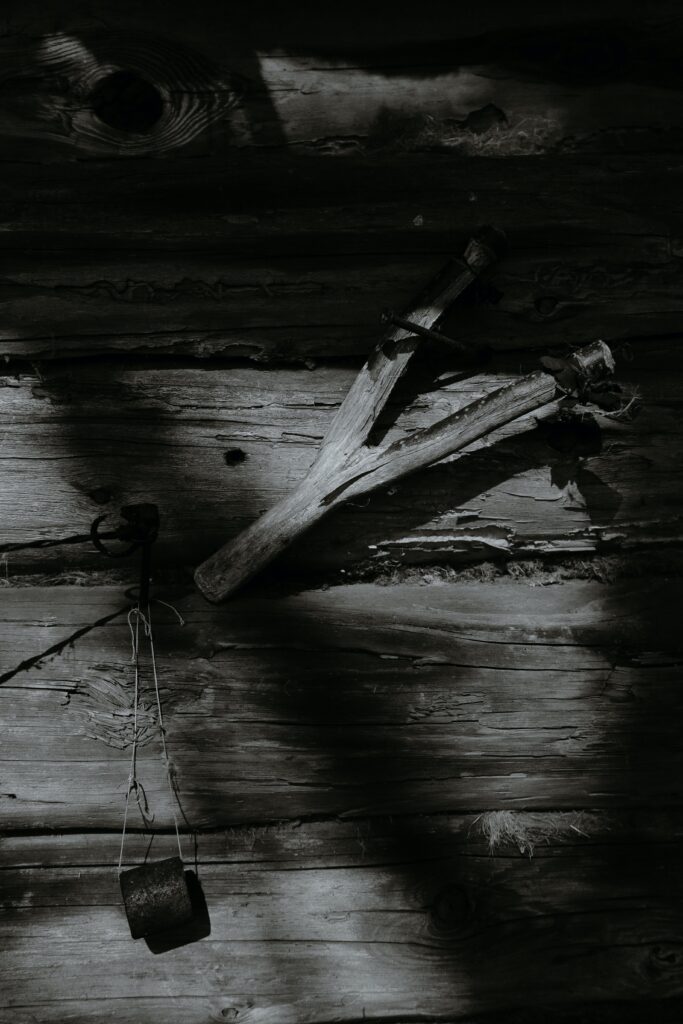
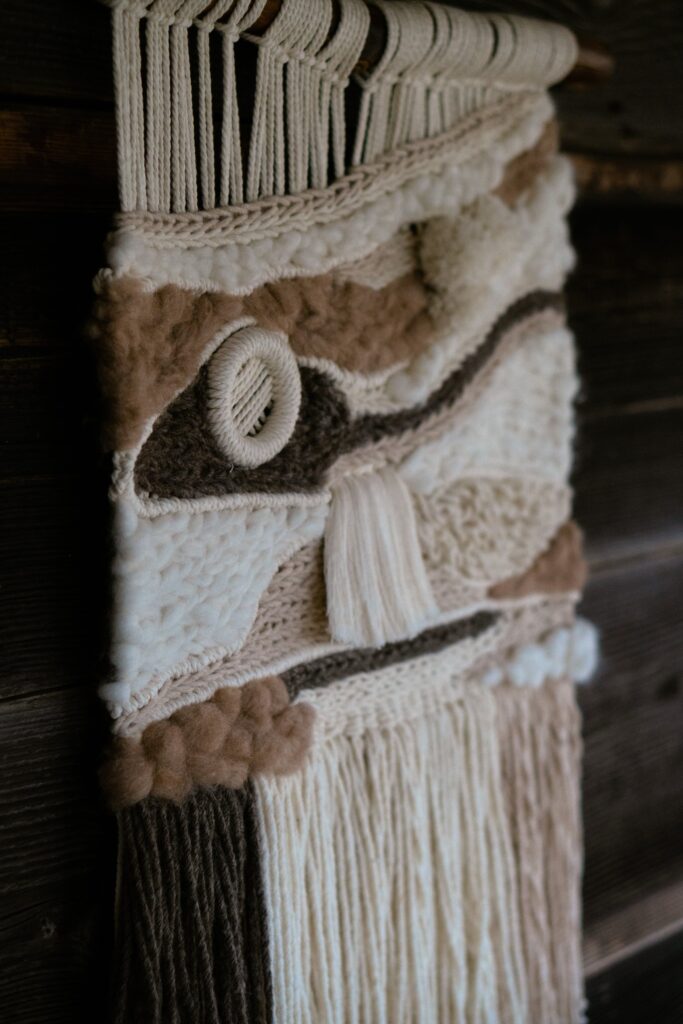


This project has received funding by the European Union’s Horizon Europe research and innovation programme under Grant Agreement No. 101132628 – CULTURALITY
